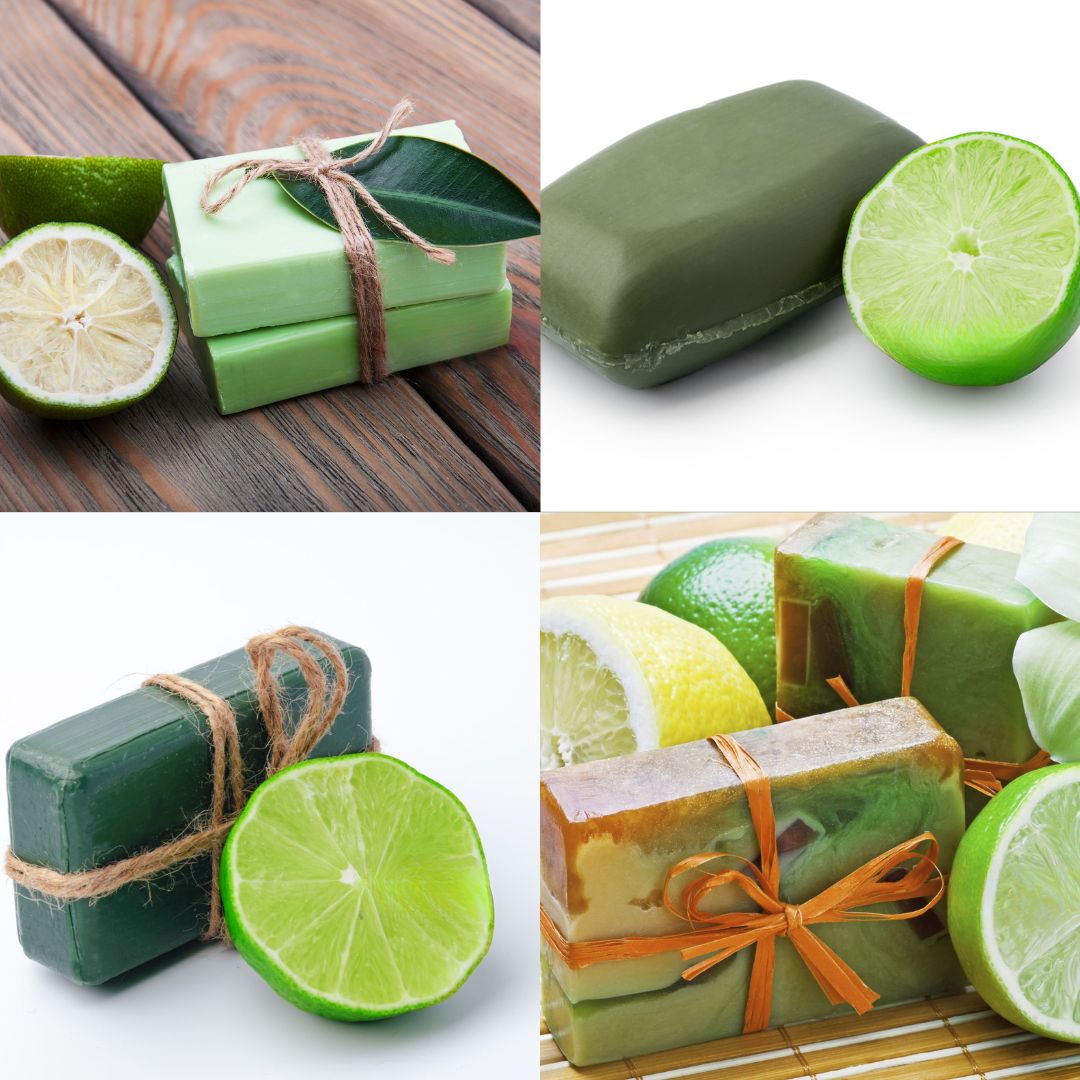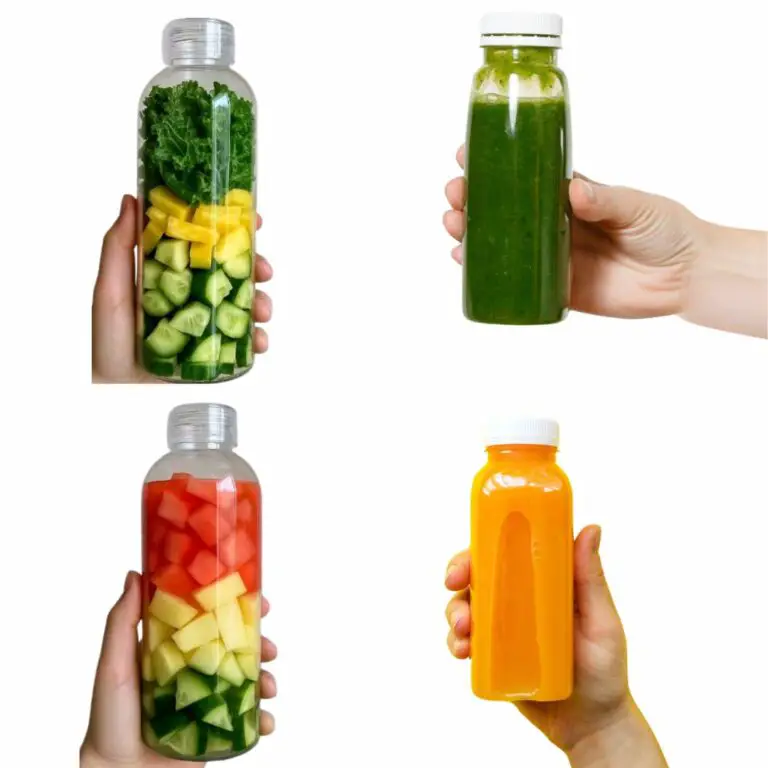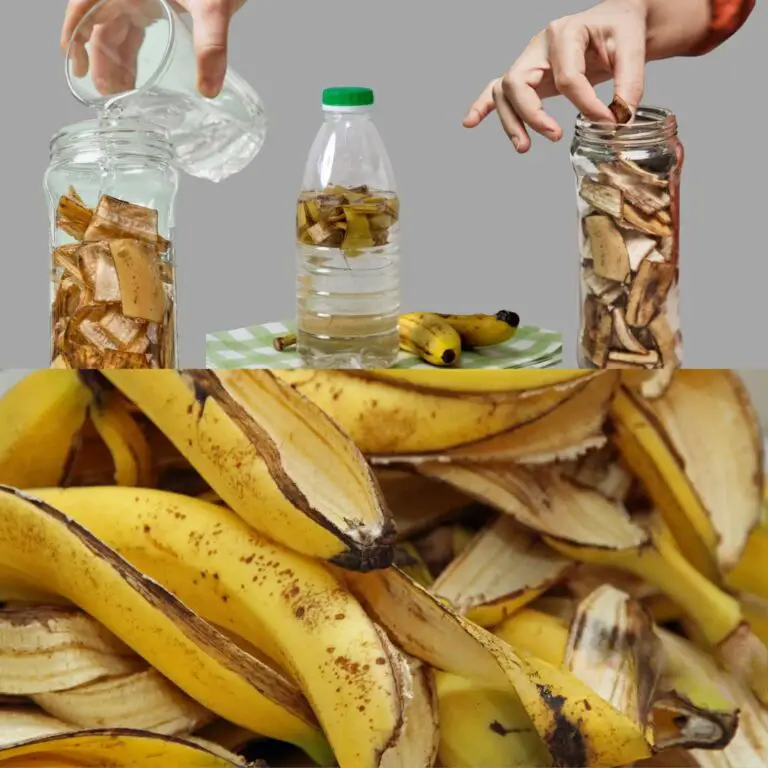How to Make Bar Soaps at Home with Just a Lemon: A Complete DIY Guide
Introduction
In times of uncertainty and financial strain, finding simple, affordable ways to care for yourself and your family is more important than ever. One effective solution is making your own soap at home. Not only does homemade soap save money, but it also lets you control the ingredients, avoiding harsh chemicals found in many commercial soaps. Today, we’re sharing a straightforward recipe for homemade lemon soap, using just a few ingredients you likely already have at home. This guide will walk you through each step, ensuring you can create refreshing, skin-friendly soap bars that smell amazing and nourish your skin naturally.
If you want to dive deeper into homemade skincare, check out this 5 Drops of This Serum for Glass Skin.
Why You’ll Love This Recipe
There are many reasons why this homemade lemon soap recipe stands out:
- Affordable and accessible: Uses common household ingredients.
- Natural and gentle: Lemon’s natural cleansing properties help brighten skin without harsh chemicals.
- Customizable: Add your favorite essential oils or exfoliants.
- Eco-friendly: Reduces plastic waste from store-bought soap packaging.
- Fun and rewarding: Crafting your own soap is a satisfying experience.
If you want a more in-depth guide on creating your own soap from scratch, you might enjoy this comprehensive homemade glycerin soap recipe, which offers additional techniques and variations.
Ingredients
Here’s what you need to make your lemon soap bars:
- 500 ml of water
- 500 g of sugar
- 70 ml of fresh lemon juice (freshly squeezed for best fragrance and potency)
- 500 ml of alcohol (preferably 70% isopropyl)
- 2 bars (200g each) of lemon glycerin soap
If you want to explore the properties of glycerin soap, Wikipedia’s glycerin soap article provides an excellent overview.
Necessary Tools
Before starting, gather these tools for a smooth soap-making process:
- Grater (to grate the glycerin soap bars)
- Large saucepan or frying pan (to melt and mix ingredients)
- Wooden spoon or spatula (for stirring)
- Measuring cups and spoons (to ensure accurate quantities)
- Plastic molds or containers (to shape your soap bars)
- Protective gloves (to handle hot materials safely)
- Clean workspace (to maintain hygiene)
For detailed tips on molding and shaping soap, Miller Soap’s instructions for clear glycerin soap are a great resource.
Ingredient Swaps and Additions
Feel free to customize your soap with these ideas:
- Add a few drops of essential oils like lavender or tea tree to enhance fragrance and add antibacterial benefits.
- Include dried herbs such as chamomile or rosemary for texture and skin-soothing properties.
- Use natural colorants like turmeric or beetroot powder for a beautiful hue.
- Incorporate oatmeal or poppy seeds for gentle exfoliation.
For community tips and experiences using fresh lemon juice in soap, the Soap Making Forum discussion offers valuable insights.
Step-by-Step Instructions
- Grate the soap bars: Finely grate the lemon glycerin soap bars to ensure they melt evenly.
- Melt the soap: Place grated soap in a large saucepan, add 500 ml of water, and gently heat on low, stirring until fully melted.
- Add lemon juice and sugar: Stir in 70 ml fresh lemon juice and 500 g sugar, mixing thoroughly.
- Simmer: Let the mixture simmer for about 2 minutes to integrate all ingredients.
- Add alcohol: Remove from heat and slowly pour in 500 ml of alcohol while stirring gently.
- Pour into molds: Transfer the mixture into plastic molds or containers and let it set for 6 hours.
- Unmold and enjoy: After hardening, remove soap bars from molds—they’re ready to use!
Pro Tips for Success
- Use freshly squeezed lemon juice to maximize scent and natural benefits.
- Maintain low heat to prevent scorching the soap mixture.
- Stir gently to avoid air bubbles.
- Ensure the soap hardens fully before unmolding.
- Store soap in a cool, dry place to maintain quality.
Want to learn more about creating moisturizing glycerin soap? Check out this detailed guide on homemade glycerin soap.
Serving Suggestions
Your homemade lemon soap can be enjoyed in several ways:
- As your everyday soap to invigorate and cleanse your skin.
- Wrapped in pretty packaging, it makes a thoughtful and natural gift.
- Placed in guest bathrooms to impress visitors with your DIY skills.
- Cut into travel-sized bars for convenience on the go.
For gift ideas involving lemon soap, this post from A Pumpkin and A Princess offers creative inspiration.
Storing and Reheating
- Store soap in airtight containers or wrapped in wax paper to keep moisture out.
- Properly stored soap can last up to six months.
- If you want to reshape soap, gently reheat it with a bit of water on low heat.
Nutritional Information
While soap isn’t edible, its components have specific skin benefits:
- Glycerin: Attracts moisture, keeping skin hydrated.
- Lemon juice: Contains natural antibacterial properties and adds a fresh scent.
- Sugar: Creates a rich lather and acts as a natural exfoliant.
- Alcohol: Helps preserve the soap and maintain clarity.
FAQs
1. Can I substitute glycerin soap with other soaps?
Glycerin soap is ideal because it melts smoothly and moisturizes skin, but other mild soaps can be used with some adjustments.
2. Is alcohol necessary?
Alcohol preserves the soap and helps with clarity, but if unavailable, it can be omitted—though the soap may be softer.
3. Can I add other scents?
Definitely! Essential oils like eucalyptus, peppermint, or lavender work wonderfully.
4. How do I make exfoliating soap?
Add natural exfoliants such as oatmeal, ground coffee, or poppy seeds to the melted soap before pouring.
5. Is this soap safe for sensitive skin?
Yes, but always patch-test first, especially if you have sensitive or allergy-prone skin.
Conclusion
Making your own lemon soap at home is both economical and fulfilling. With this simple recipe, you can craft a natural, fragrant soap that’s kind to your skin and environment. Whether for personal use or as gifts, homemade lemon soap brings freshness and a personal touch to your daily routine. Why not try it today and see the benefits for yourself?







